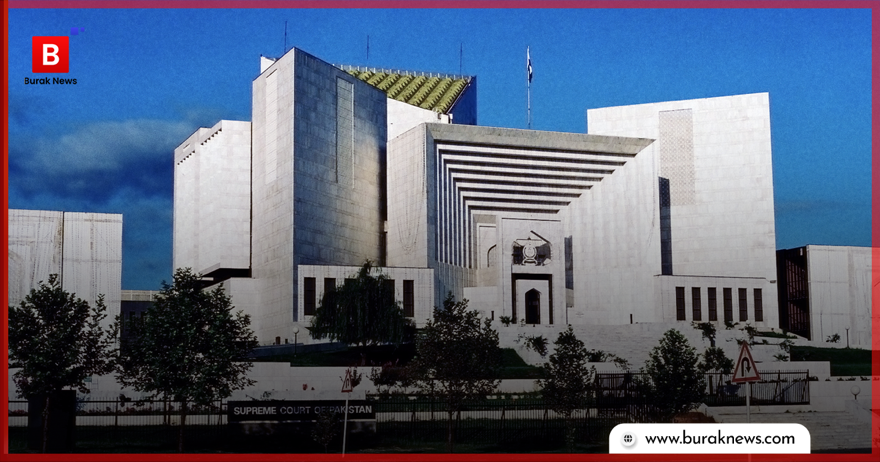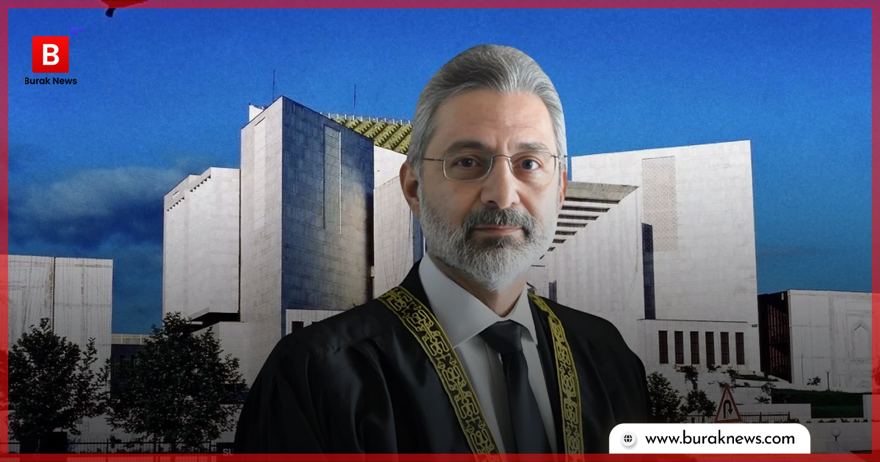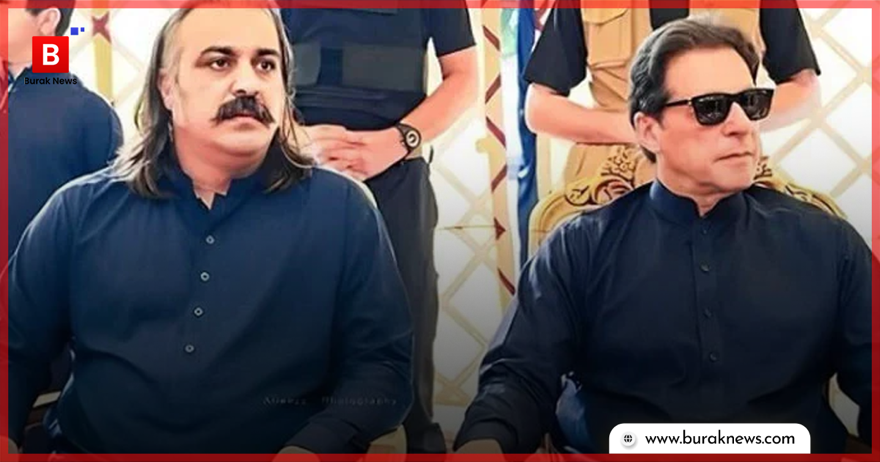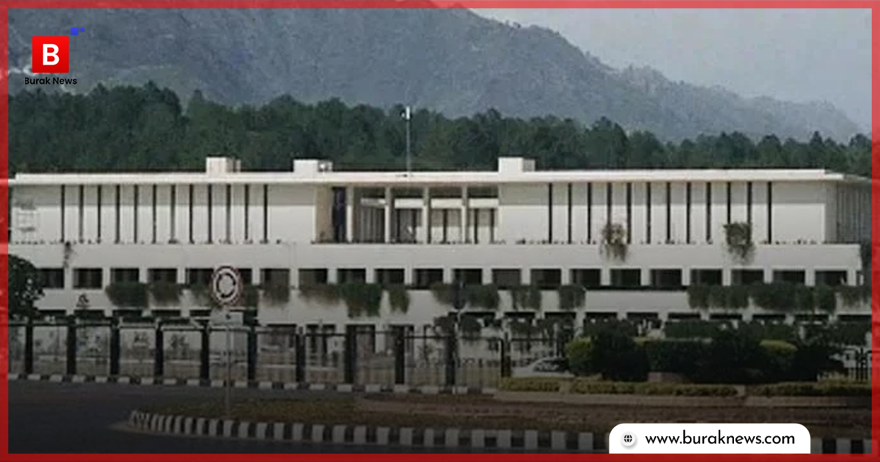Ordinance expanding powers of Chief Justice reaches Senate
 A contentious ordinance issued by President Asif Ali Zardari in September, granting an expanded role to the Chief Justice of Pakistan in the composition of benches, was introduced in the Senate on Friday.
A contentious ordinance issued by President Asif Ali Zardari in September, granting an expanded role to the Chief Justice of Pakistan in the composition of benches, was introduced in the Senate on Friday.
Minister for Law and Justice Azam Nazeer Tarar presented the Supreme Court (Practice and Procedure) (Amendment) Ordinance 2024 in the house, where it was subsequently referred to the relevant standing committee by the deputy chairman.
Sources indicate that the ordinance will likely be presented as a bill in the house next week.
The ordinance modifies the committee responsible for forming benches and scheduling cases under the Supreme Court (Practice and Procedure) Act, 2023. Previously, the committee consisted of the chief justice and the two most senior judges of the court. Now, it will include the chief justice, the next most senior judge, and one judge selected by the chief justice.
The ordinance states: “Every cause, appeal or matter before the Supreme Court shall be heard and disposed of by a bench constituted by the committee comprising the Chief Justice of Pakistan, the next most senior Judge of the Supreme Court and a Judge of the Supreme Court nominated by the Chief Justice of Pakistan, from time to time.”
An additional change pertains to cases under Section 184(3) of the Constitution. The ordinance mandates documenting the reason for classifying a particular case as a matter of public importance before it is taken up by the court. A formal order must specify whether the case is related to public interest or human rights concerns.
“A Bench hearing a matter under clause (3) of Article 184 of the Constitution shall, before proceeding with the matter on merits, decide and identify through a reasoned and speaking order the question of public importance involved in the matter and the fundamental right which is sought to be enforced,” the ordinance specifies.
The ordinance also restricts the Supreme Court’s ability to take cases out of turn.
“Unless a transparent criterion is already mentioned or the applicable law requires a decision within a stipulated time, every cause, matter or appeal in the Supreme Court shall be heard at its turn based on first in, first out, that is to say, the cases filed first shall be heard first. Any Bench hearing a case out of its turn shall record its reasons for doing so,” one of the proposed amendments details.
Another provision states: “Hearing of every cause, matter or appeal in the Supreme Court shall be recorded and transcript thereof duly prepared. Such recordings and transcripts shall be made available to the public.”
Number of Judges
In separate developments, a Senate panel has agreed to raise the number of judges in the Supreme Court from 17 to 25, despite opposition from the PTI and JUI-F.
The bill, introduced by Senator Abdul Qadir, was comprehensively discussed in a Senate Standing Committee on Law and Justice meeting, chaired by Farooq H. Naek.
It is worth noting that the original bill submitted to the house proposed increasing the number from 17 to 20.




